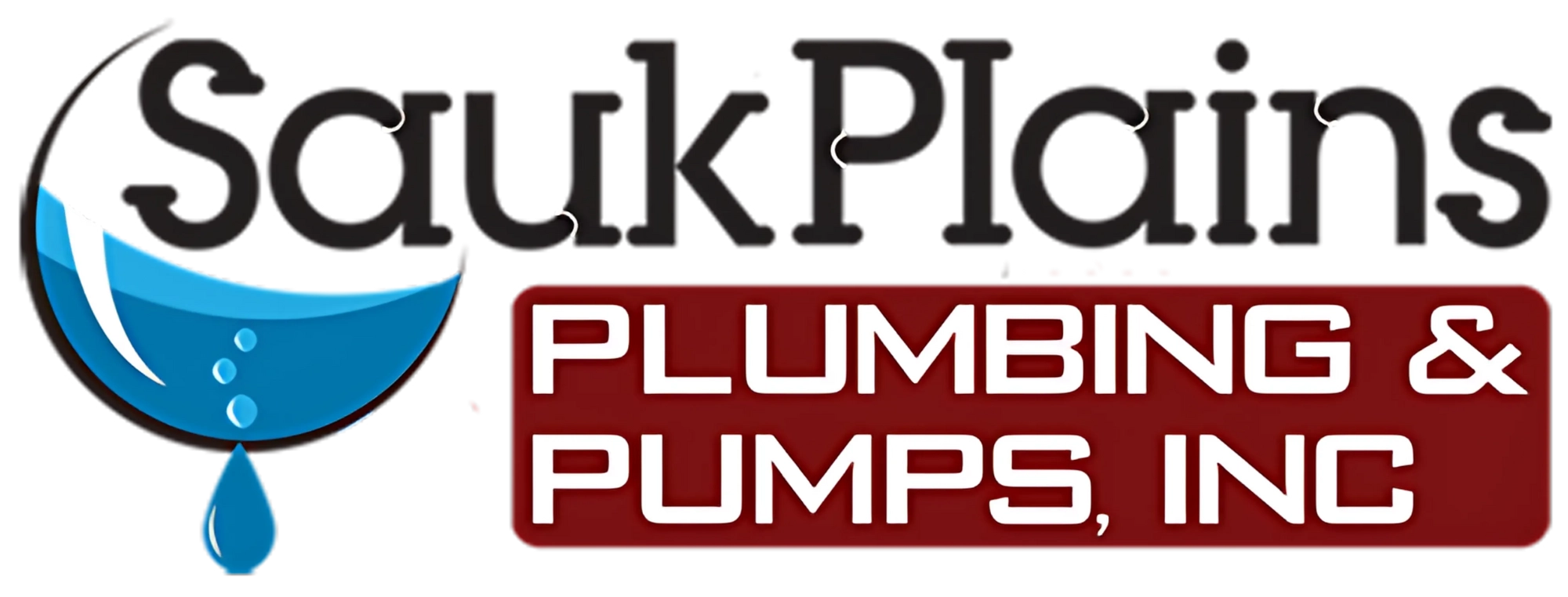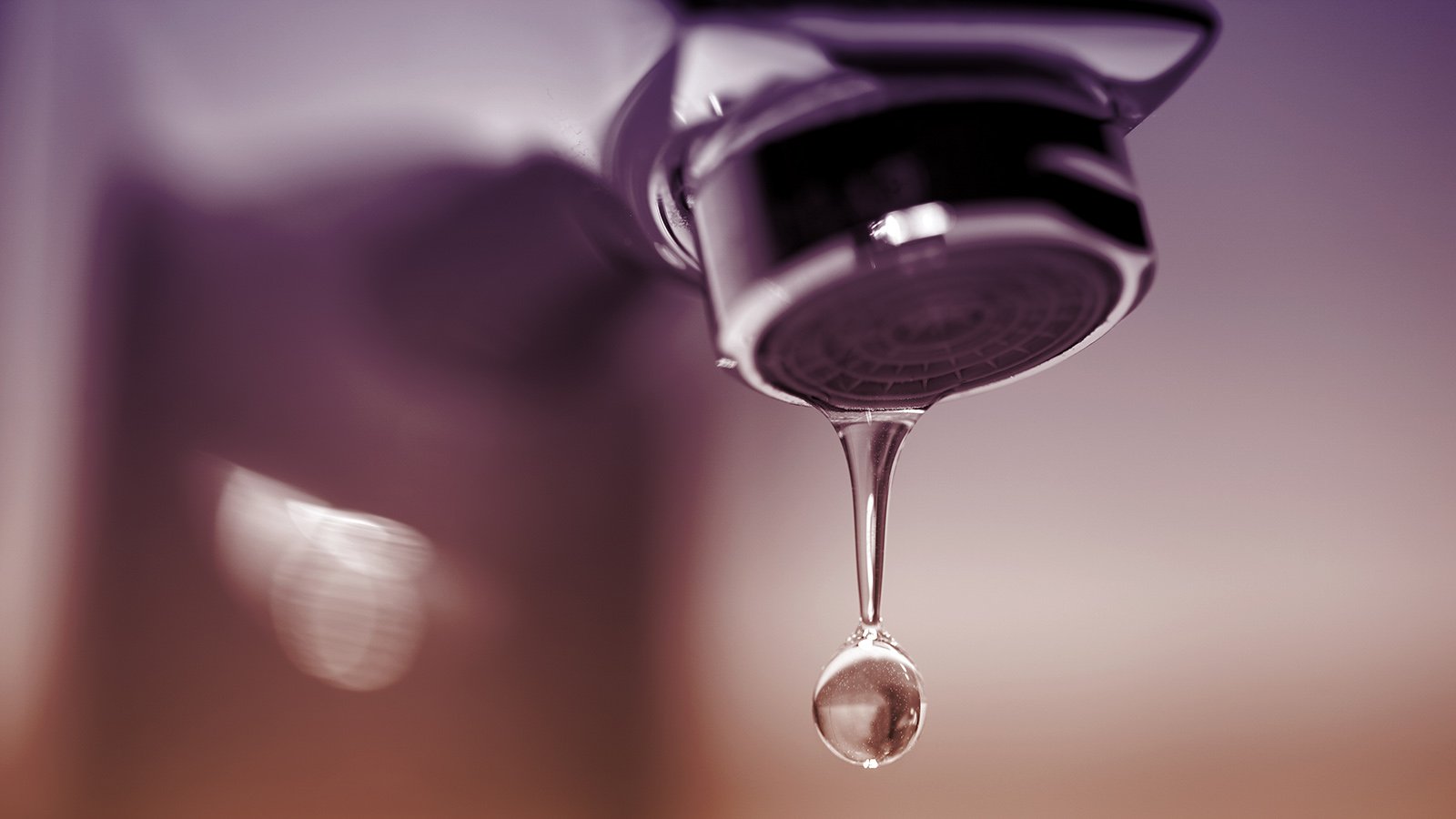We all know winter in Wisconsin is harsh and seems to last forever. Now’s the time to take steps to safeguard your Cross Plains WI area home from threats to its plumbing in winter. Ice and snow are a sure thing in the months ahead. Frozen pipes, damaged well pumps and interrupted water flow need not be. Thankfully you can take steps to avoid a catastrophe. Consider the following as a guide to peace of mind this winter.
There are a few easy-to-accomplish steps to take right away:
- Shut off outdoor faucets – open the faucet and let it run while you shift the shutoff value. Drain all the water out of the pipe – if you don’t it can still freeze and cause damage.
- Disconnect garden hoses – an outdoor hose willed with water will freeze. Not only does this damage the hose but the ice can back up into the connecting pipe and crack it.
- Cover outside hose connection – the outside hose connection, called a “hose bib,” can be insulated with a special cover to prevent heat from escaping through the wall.
In today’s high-tech world you also have an option of installing an early warning system. There are WiFi and BlueTooth connected thermostats and sensors that will alert you to drastic changes in temperature anywhere inside you home. You can get an email, text or alert on your phone!
Renovate To Protect Plumbing In Winter
If you’ve had winter problems with your home’s plumbing, now’s the time to consider renovating the physical layout to avoid future damage. You don’t have to knock out or build walls, just make a few minor but impactful changes. Consider:
- Insulate pipes and spaces – do you have exposed pipes in an unheated crawl space, attic or garage? Adding expanded foam insulation to the pipes themselves is one easy answer, especially when insulating the surrounding space isn’t an option. But pipe insulation doesn’t do much in extreme cold – it holds the problem off for a while, but not for good.
- Install heating cables – heating cables with a built-in thermostat to sense a pipe’s temperature – activating heat when the temp goes too low – are an excellent solution, especially when combined with area-wide insulation. The big drawback is that the cables need to be plugged into the home’s electricity supply.
- Seal joists – use expandable foam to seal cracks or holes where cold air leaks in around the building’s rim joists (where the structure sits on the foundation). And add insulation between the floor joists above crawl spaces or in attics. The key to success is keeping cold outside air where it belongs – outside! You don’t want to insulate the pipes from warming inside air, right? Anywhere cables, wires or pipes pass into the building from outside needs attention.
Does your unheated garage butt up against an area of the house housing water pipes? Are there pipes in the garage? Insulating walls and ceilings of attached garages not only protects nearby plumbing fixtures the in winter, it can reduces a home’s heating bill. Don’t forget insulating your garage door, too. An insulated garage door keeps the interior a few degrees warmer all winter and that may be the difference between comfort and disaster.
Monitor Winter Weather Forecasts

Keeping an eye on what’s coming is always wise when it comes to Wisconsin’s weather. When the local forecasters are warning of extreme cold ahead there are additional moves you can make “just in case.”
There is a lot of debate on how to set a thermostat to keep your home warm in winter without using too much precious energy. With rising costs, that’s more of a worry this year than it has been in several years. Modern programmable thermostats are said to save energy and dollars.
When it comes to protecting your plumbing this winter, especially when there’s a severe cold snap in the forecast, overriding the technology makes sense. Keeping your home’s thermostat set at an even temperature all the time reduces the risk of sudden changes impacting pipes, pumps and faucets. A shift of a few degrees can make a dangerous difference. Is it worth the risk for a day or two?
There are two well-worn precautions to guard against frozen pipes inside your house:
- Open cabinet doors – when there’s a serious risk of extreme temperatures, keep kitchen and bathroom cabinets open around sinks. Allow as much of the warm air from the surrounding room to reach the pipes as possible. If you’re really worried, set a small fan to blow warmer air into the cabinet under the sink.
- Leave a faucet running – Just a trickle acts as a relief valve to reduce pressure if a pipe does start to freeze and will reduce the changes of pipes cracking or bursting. It just takes a slow trickle to add a measure of safety. WARNING: don’t leave a faucet running if its drain is in an area that’s likely to freeze. A frozen drain can crack pipes or it might cause the sink to overflow.
Our Pros Protect Your Plumbing In Winter
Sauk Plains Plumbing & Pumps has skilled, licensed plumbers on call to review your water system needs and provide the latest tools to keep your home’s water system functioning on demand. From water testing to selecting and installing the correct pumps, accessories and water treatments our plumbers will determine the best for your home.
Call Sauk Plains Plumbing at 608-798-2121 and have our certified plumbers provide solutions to safeguard your plumbing in winter in the Cross Plains WI, Verona, Waunakee or Middleton WI area.


